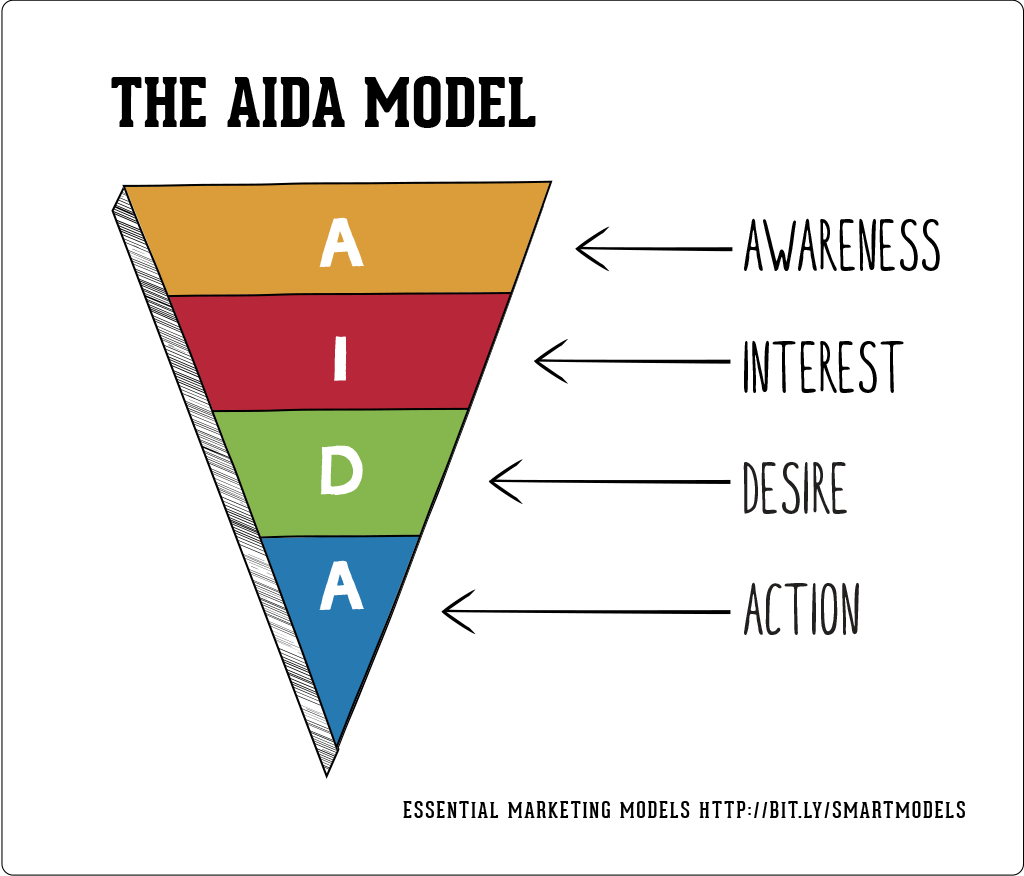My interesting blog 9810
The relation in between eCommerce, SEO and SEM
Every brand name's needs are various and require a distinct mix of SEO, SEM, and ecommerce. Marketers assess a brand's objectives and capabilities to determine what programs are necessary but how will they accomplish objectives and what information is required to achieve these objectives?
30-second summary:
What's the distinction between SEO and SEM?What are the aspects of an effective search technique?
How can marketers select a winning formula for their organization goals?Goodway Group's Browse Center of Quality, Lisa Little assists you find the responses.
What's the difference in between SEO and SEM? Is ecommerce thought about search?To comprehend the relationship of these channels within the search function, consider a playground tournament of dodgeball (SEO), kickball (SEM), and tetherball (ecommerce). All games are used the same play ground (online search engine results page, SERP) with the very same kind of ball (platforms) but different guidelines, gameplay, player positions, strategic play, variables, and goals to win.
Some gamers (marketers) invest whatever into playing just one video game. The athletes (efficiency online marketers) that play a combination of those games and master the typical capability (information storytelling, understanding impact to the business, influential communication skills, continual learning, eagerness to test, welcome fast change) rule the play ground.
The SERP is filled with elements and listings of all types that fall under these three channels to make up the search marketing function. There are three essential advantages of a detailed search https://www.nav-bookmarks.win/cross-channel-and-cookieless-how-measurement-will-develop-in-2021 strategy:
In tandem, they take up more realty on the SERP for your brand name to own and press out your competitors. Integrated brands can gain maximum presence.
The searcher normally does not understand if they are interacting with ecommerce, paid, or natural listings, and the right combination can suggest that you will be there for your consumer when, where, and how they personally choose to communicate with your brand name.
No matter how chaotic the course to conversion can be today, a consolidated search method will cover full-funnel bases and guarantee you're reaching the client in a personalized, effective, and efficient method.
Advertisers, brand names, classifications, verticals, and seasonality all come into play when identifying the right combination of SEO, SEM, and ecommerce efforts for your particular brand name. It's absolutely not one size fits all.Here's the what, why, and when breakdown to assist brand names as they establish their distinct search combination.
Search engine marketing or paid search or SEM or PPC
SEM is paid marketing set off by keyword searches. There is a real-time blind auction (a combination of bid, quality, significance) each time a keyword is searched to position on SERP with the other marketers competing because exact same auction.
Why?
SEM provides messaging and targeting control that serves at the top of SERP. If you're not participating, your rivals are.When?
Marketers use SEM when they require immediate awareness, traffic, and results. To best make use of SEM, online marketers need to have a spending plan to invest on paid digital media.
SEO or natural search or location listing management
SEO supplies listings based upon relevant search terms to the SERPThis can be in the form of understanding graphs, SEO listings, map listings, social media, ratings/reviews, and more.
Note: Extra SEO areas include app search optimization, area listing management, content mapping, totally free shopping listings, web advancement, and more.
Tip
Understand and go into what overarching terms like "SEO" or "Track record management" actually imply to brand names, what marketing problems are they trying to fix, or what they are wanting to accomplish.
Why?

When?
Every brand that has a site needs to have some involvement in SEO and work within organic listings to accomplish company brand name standards and goals. Online marketers should routinely update and enhance place listings for those traditional organizations. This is an ongoing process, however it typically starts with an evaluation or chance assessment.
Ecommerce, shopping ads (previously item listing advertisements).
Ecommerce is the broad term for online retail, which includes paid and overdue elements that operate in tandem. This varies from shopping advertisements on search engines and open marketplaces like Amazon/Walmart to integrations like Shopify.Note: You will need merchant center accounts to house structured item data feeds.
Tip.
Automation and machine learning is essential to ecommerce success. Try leveraging a management platform like Kenshoo to combine holistic ecommerce stories and acquire advanced abilities in the ecommerce program.
Why?

When?
If you offer products online, the entry point is shopping ads on online search engine. From there, it depends upon merchants, supply chain, and marketplaces your items are offered.
Every brand's requirements will be various and need a special mix of SEO, SEM, and ecommerce. Online marketers will have to evaluate the brand name's objectives and capabilities to identify what programs are necessary, how they will help attain goals, and what information is needed to achieve the objectives.
Brands will have similar goals when implementing SEO, SEM, and ecommerce, like developing a SERP presence, but there is ample opportunity for imagination within these platforms to attain a brand name's distinct objectives. It is essential that marketers remain focused on these goals throughout the project however likewise be agile as the market changes and reallocate funds to various platforms if the preferred results are not attained. Tracking results in real-time will help marketers refocus their techniques quickly to ensure the objectives will be satisfied.
Now that we know the relationship, usage cases, and benefits-- let's take a look at some concerns you can ask to assist figure out the next steps to take your search program to the next level.
What's your main business goal?
What pain points are you attempting to solve?
Do you have the ideal partner who has strength, expertise, tools, and abilities throughout all search channels?

